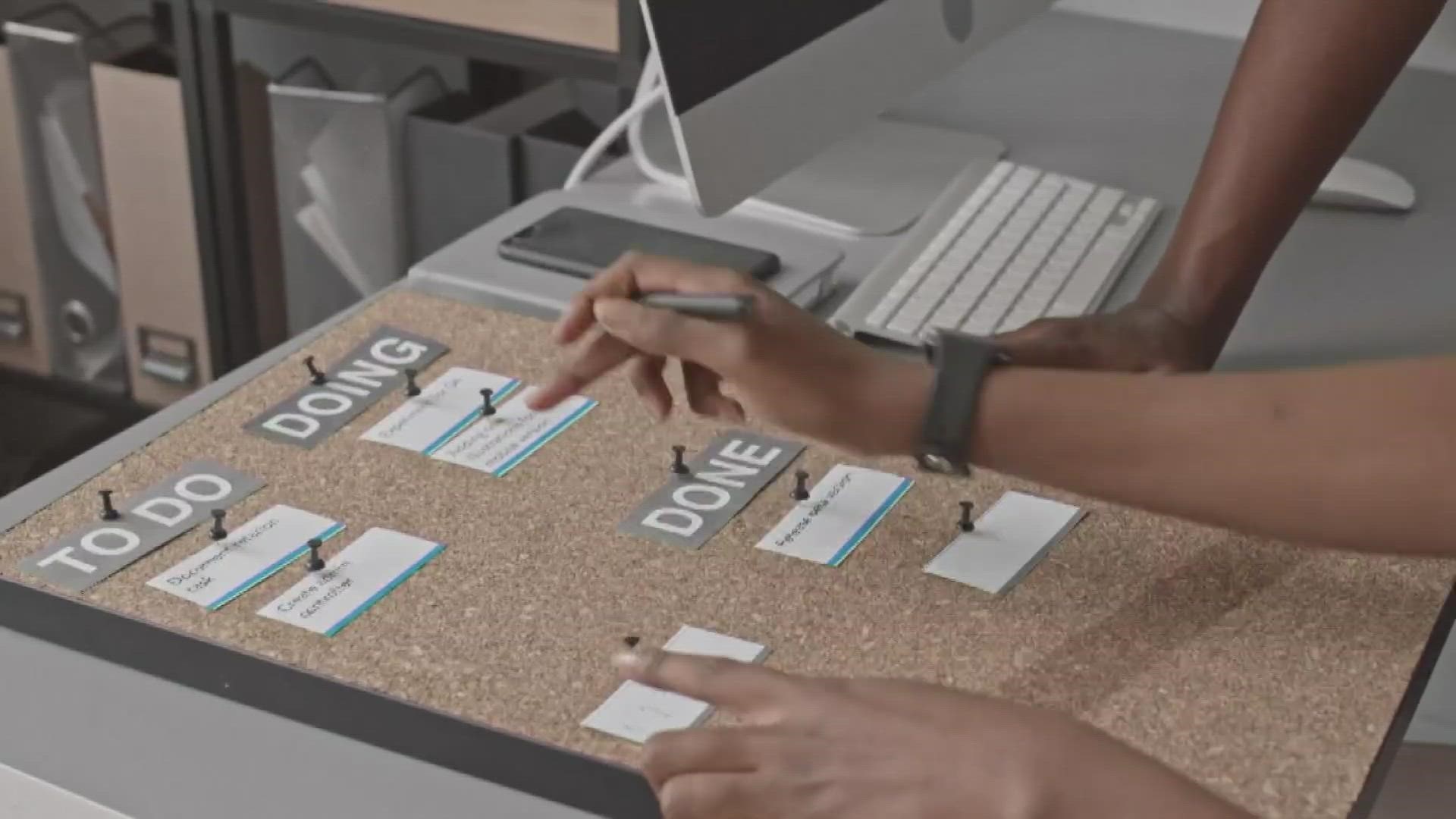SACRAMENTO, Calif. — Just over 30 days after the start of the New Year is when 80% of people will toss in the towel on their New Year's resolutions.
Mental health officials say that’s in part due to post holiday blues, severe weather, stress and anxiety and are pushing for people to make a resolution to care about the more overlooked health.
“People have made a resolution that isn’t attainable, isn’t consistent with their lifestyle or is about deprivation,” said Cara McNulty President Behavioral Health and Mental Wellbeing, CVS.
She says the most popular resolution for people to make is to run a marathon when they don’t even like running or aren’t already doing it. Another common resolution is to deprive themselves of sugar, desserts, sodas, caffeine or participating in “dry January.”
It’s why Sacramentan Mickey Garcia didn’t bother making a resolution this year.
“What’s the point of a new year’s resolution if you can’t make a goal any other time of the year? If I can’t make a goal in July and stick to it, why am I going to make one in January?”
Keeping a goal is really hard. Officials say it takes 17 days to make a healthy habit stick, but only 10 days for that bad habit to hang around.
While health goals are popular, McNulty says people often forget about their mental health.
“It means just like our physical health, we need to set goals that encompass our total wellbeing,” said McNulty.
An example — Deshawn’s goal is to simply be better.
“A better son, a better musician, a better boyfriend. I want to improve my life for the better this year,” he said.
If you want your resolution to stick, McNulty suggests picking something small and measurable that fits within your lifestyle and current financial budget.
Some examples are trying out meditation, getting more sleep or eating healthier by adding more veggies to your diet.



















